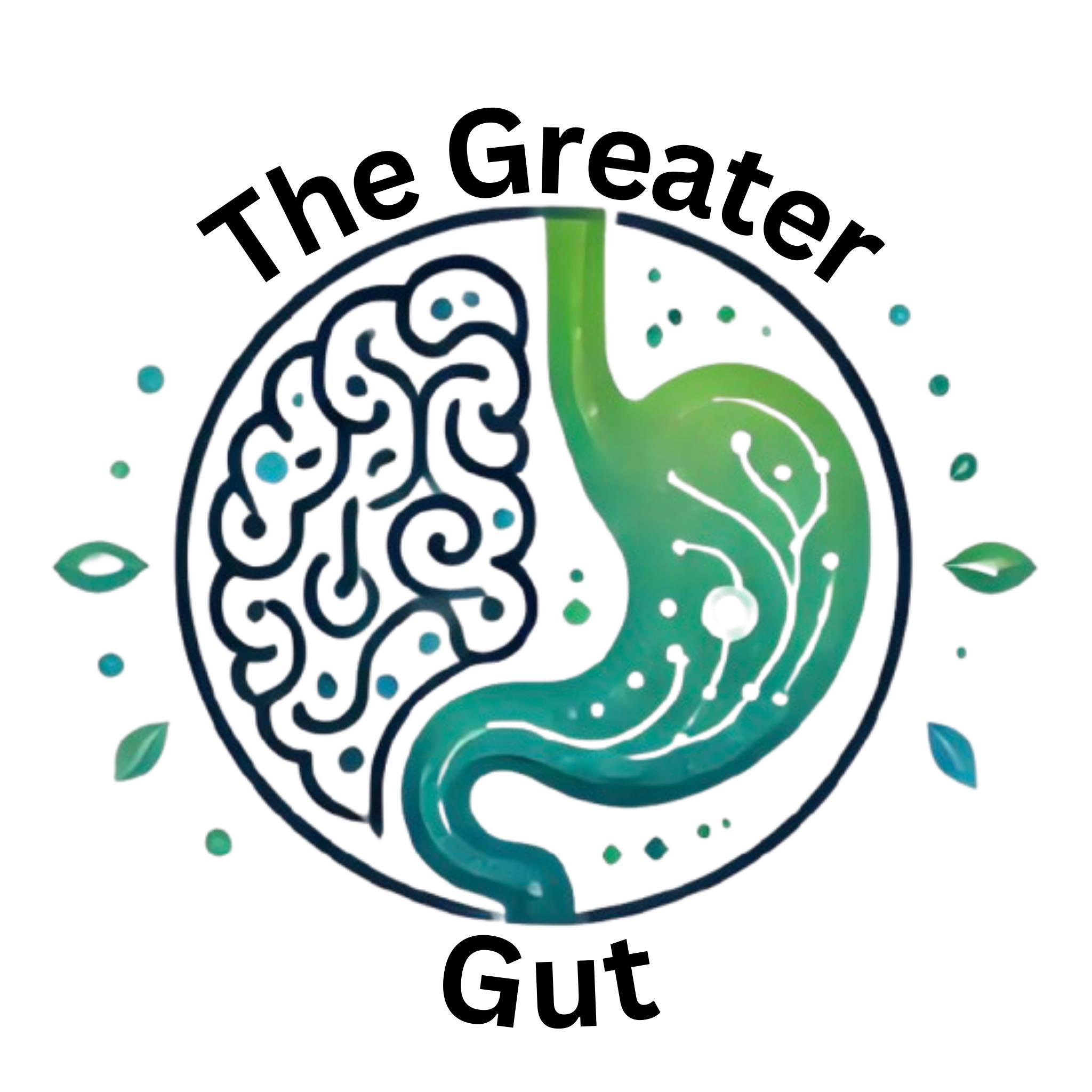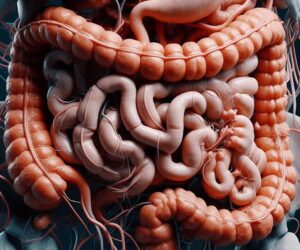Depression and anxiety can significantly impact gut health through the intricate connection between the brain and the gut, known as the gut-brain axis. Here’s how depression and anxiety affect gut health:
Altered Gut Microbiota Composition:
Depression and anxiety have been associated with changes in the composition and diversity of gut microbiota, the trillions of microorganisms residing in the digestive tract. Stress, a common feature of depression and anxiety, can disrupt the balance of gut bacteria, leading to dysbiosis, where there’s an imbalance between beneficial and harmful bacteria. Dysbiosis has been linked to various gastrointestinal conditions, including irritable bowel syndrome (IBS), inflammatory bowel disease (IBD), and functional dyspepsia.
Intestinal Permeability (Leaky Gut):
Chronic stress associated with depression and anxiety can compromise the integrity of the intestinal barrier, leading to increased intestinal permeability, also known as leaky gut syndrome. Leaky gut allows toxins, undigested food particles, and bacteria to leak into the bloodstream, triggering immune responses and inflammation. Inflammation resulting from leaky gut can exacerbate symptoms of gastrointestinal disorders and contribute to systemic inflammation associated with depression and anxiety.
Alterations in Gut-Brain Signaling:
The gut and the brain communicate bidirectionally through various signaling pathways, including the vagus nerve, neurotransmitters, and immune mediators. Depression and anxiety can disrupt these communication pathways, leading to alterations in gut-brain signaling. Dysregulation of gut-brain signaling can contribute to symptoms of both mental health disorders and gastrointestinal conditions.
Impaired Gut Motility and Function:
Stress-related changes in gut motility and function can exacerbate symptoms of gastrointestinal disorders such as IBS. Anxiety and depression can lead to increased visceral sensitivity, causing individuals to perceive normal gut sensations as pain or discomfort. Dysregulation of gut motility and function can further perpetuate the cycle of stress and gut symptoms, creating a vicious cycle of symptom exacerbation.
Influence of Diet and Lifestyle:
Depression and anxiety often coexist with unhealthy dietary and lifestyle habits, such as poor dietary choices, lack of exercise, and inadequate sleep. Unhealthy lifestyle factors can negatively impact gut health by promoting inflammation, altering gut microbiota composition, and compromising gut barrier function. Addressing dietary and lifestyle factors through interventions such as dietary modifications, regular exercise, and stress management techniques can help improve both mental health and gut health.
In summary, depression and anxiety can have profound effects on gut health through alterations in gut microbiota composition, intestinal permeability, gut-brain signaling, and gut motility. Addressing these interconnected factors through comprehensive treatment approaches that target both mental health and gut health is essential for promoting overall well-being and improving quality of life.





